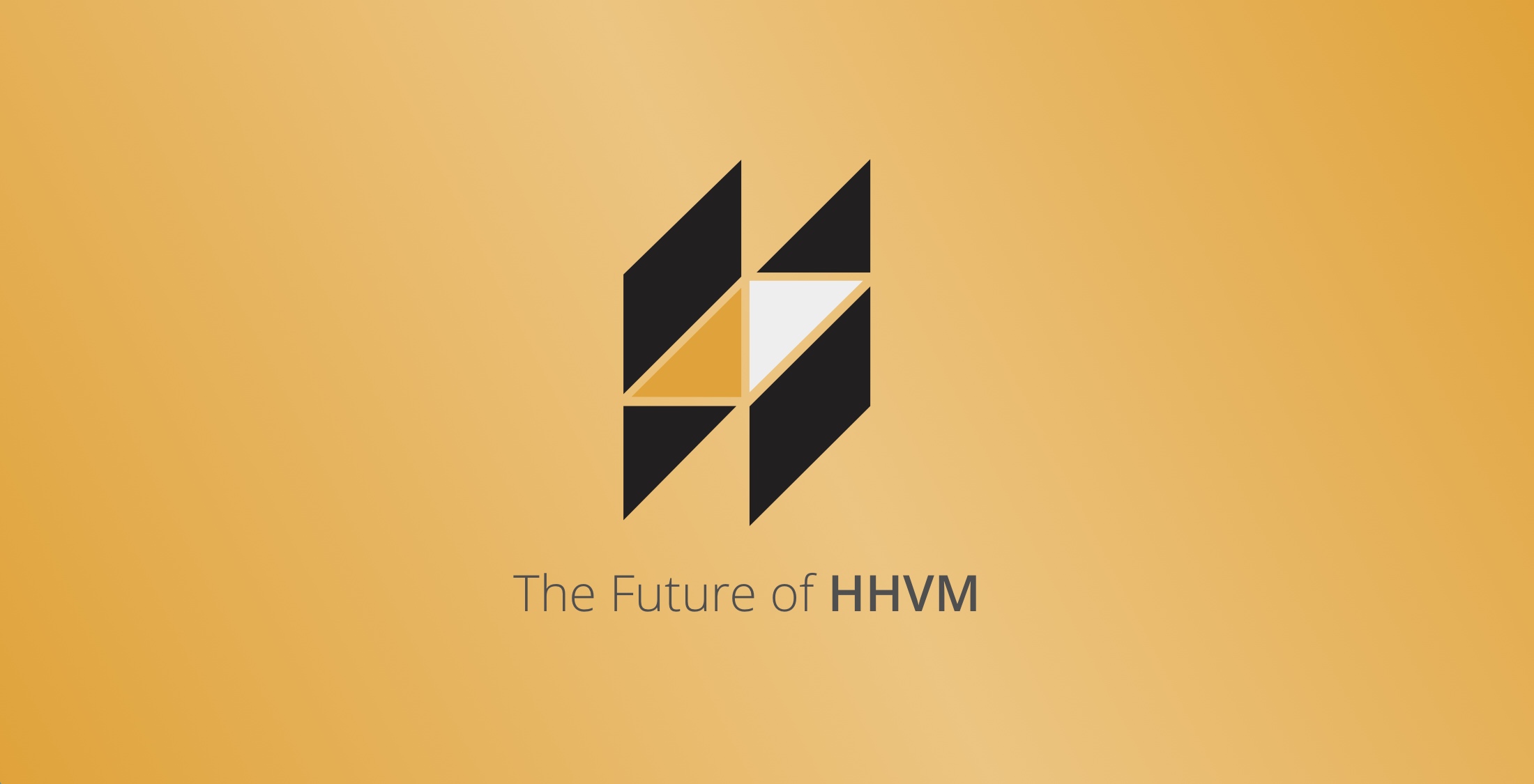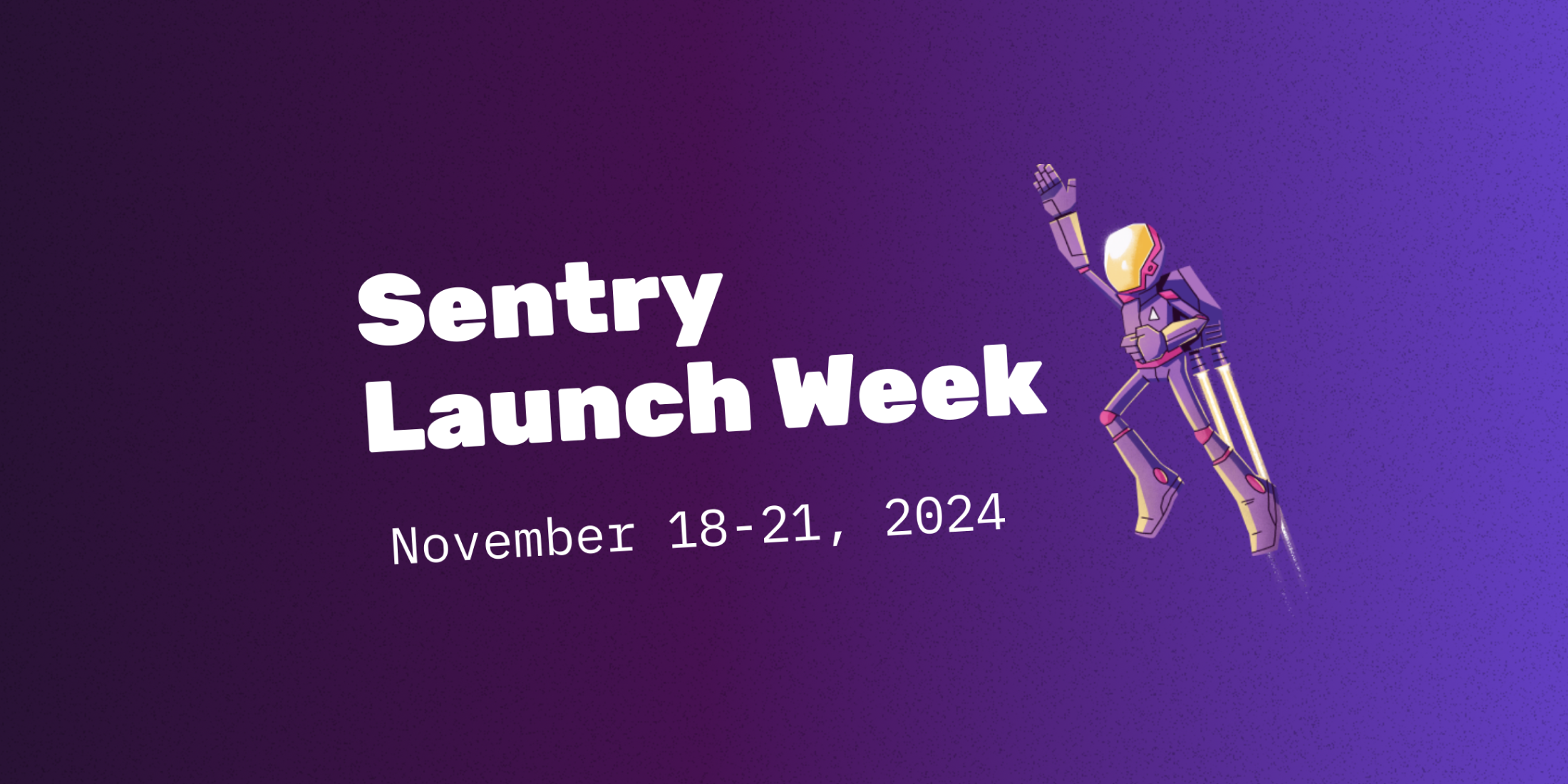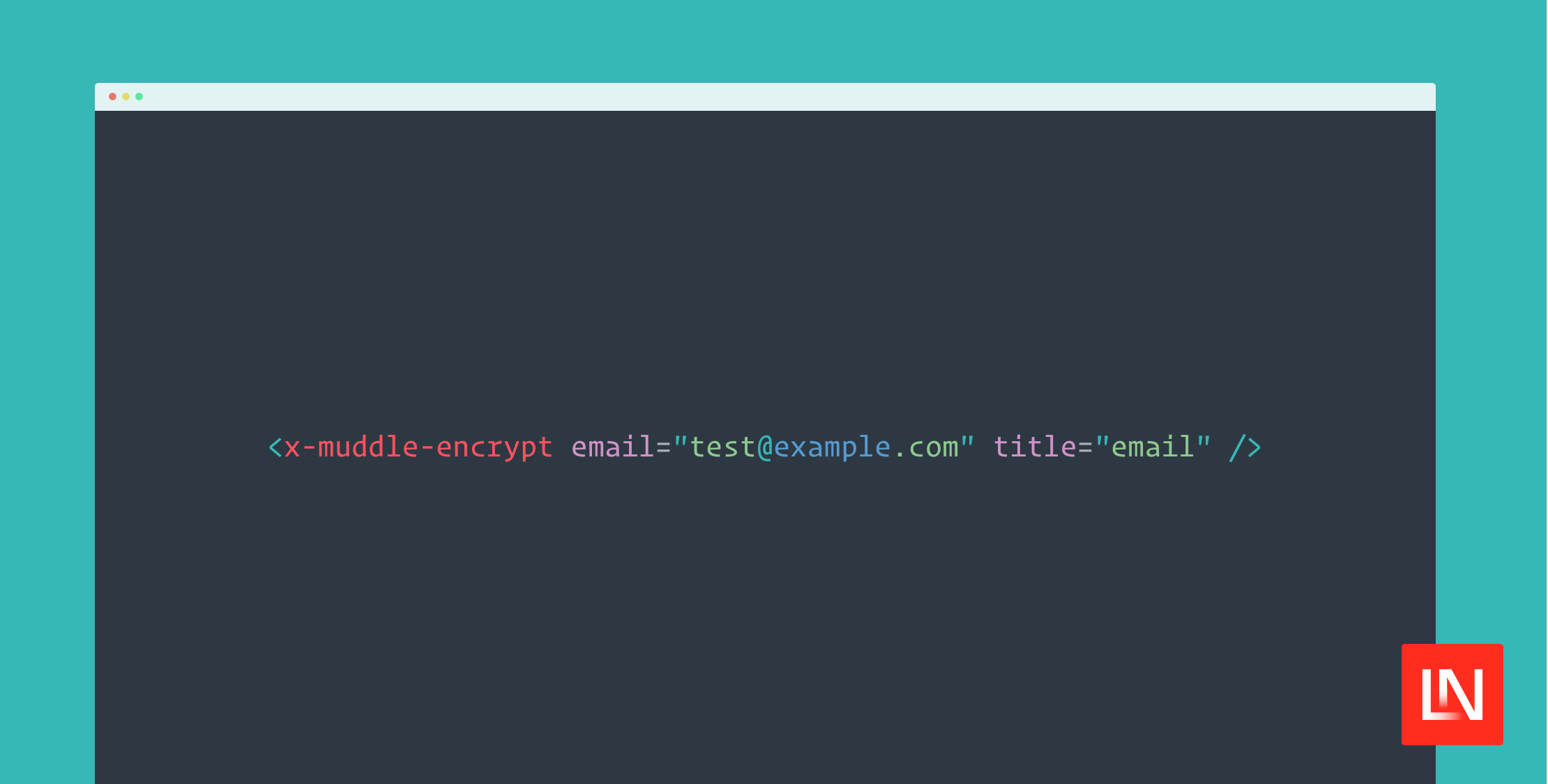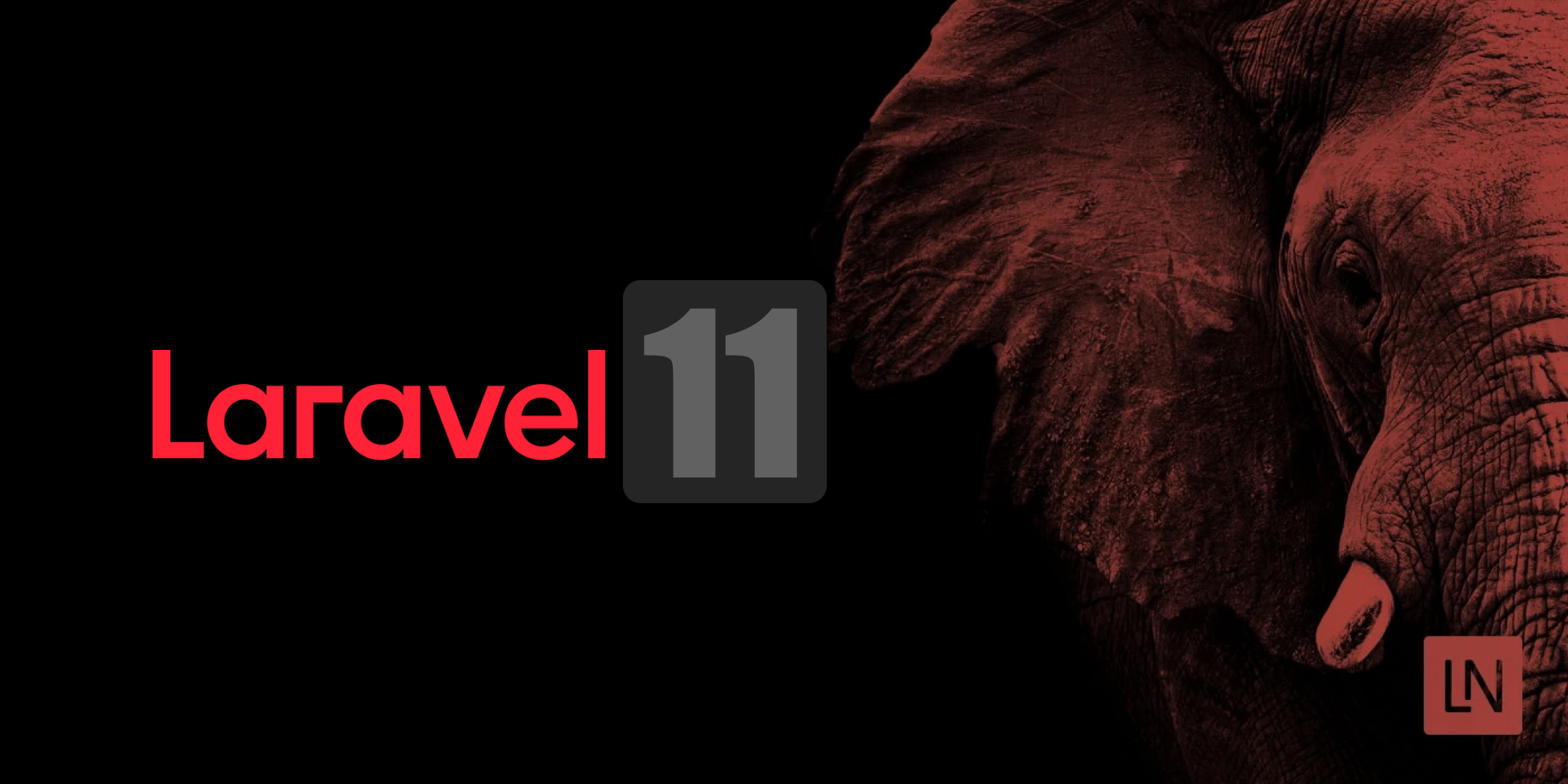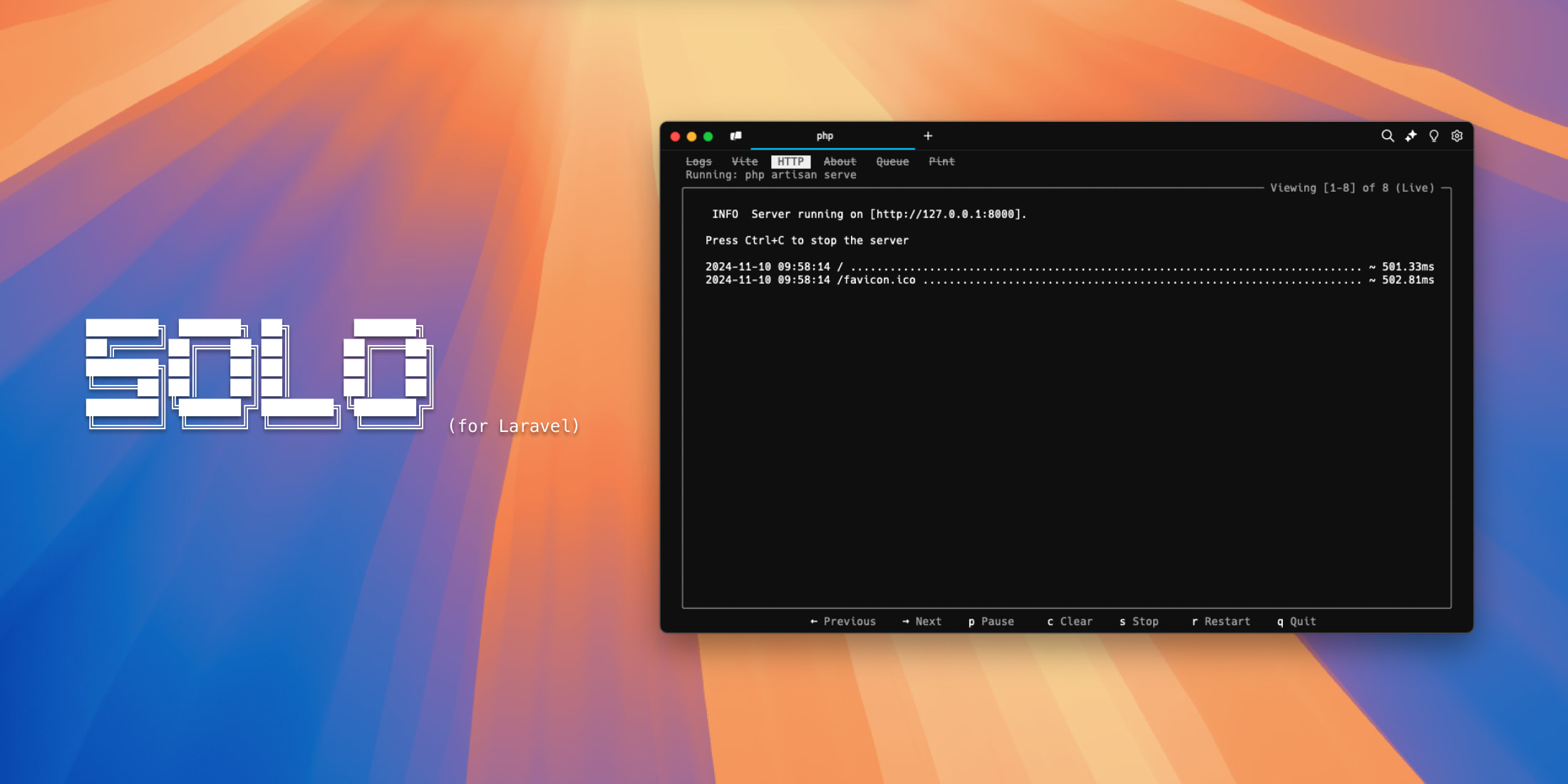With the final sunsetting of PHP 5 on the horizon (end of 2018), the HHVM team will ship their last version that supports PHP 5 and they outlined their project goals going forward (emphasis added):
PHP7 is charting a new course away from PHP5, and we want to do the same, via a renewed focus on Hack. Consequently, HHVM will not aim to target PHP7. The HHVM team believes that we have a clear path toward making Hack a fantastic language for web development, untethered from its PHP origins. We’d do ourselves and our users a disservice by positioning HHVM as an uncommon, less well-documented, less compatible PHP7 runtime.
They go on to differentiate their project goals from PHP7 development:
We do not intend to be the runtime of choice for folks with pure PHP7 code. We expect Hack and PHP7 to retain a good deal of overlap for the time being, and many users may find success using the runtimes interchangeably in the short term. But for those who want to be on the newest version of PHP7 and to make use of new behaviors, HHVM will not be the most suitable platform.
Without reading too much into this post, “for the time being” shows that the long-term goal of Hack it to build a self-sustaining ecosystem. One big question mark for me is how HHVM can gain adoption of the platform and Hack the language as it tries to differentiate itself:
Our eventual goal is for Hack to have its own ecosystem of core frameworks, whether built by our team or by others, such that writing a “pure Hack” project is just as easy as writing in “pure PHP”—but with better performance and developer experience.
In the short-term, HHVM will offer better PHP7 compatibility, and the team plans on making HHVM compatible with current versions of PHP tools like Composer and PHPUnit.
On a related note, you can see the currently supported versions of PHP and their timelines for support. You can read the full article about the future of HHVM.

